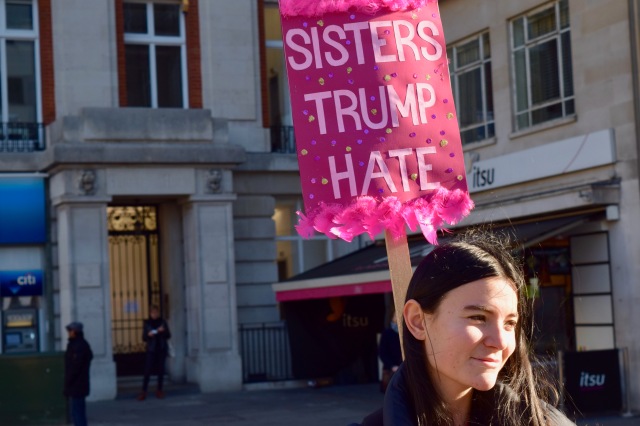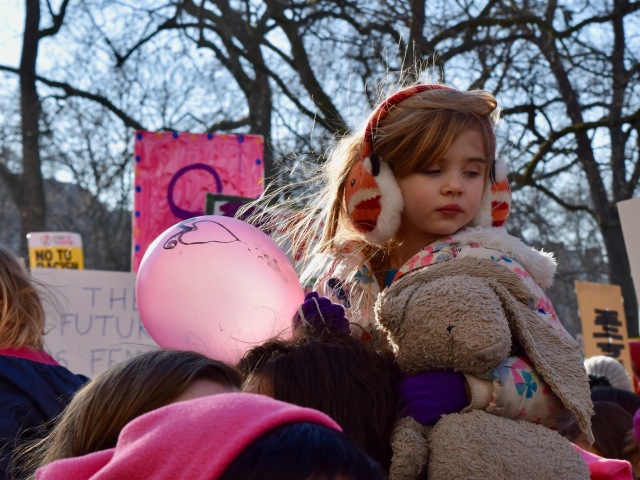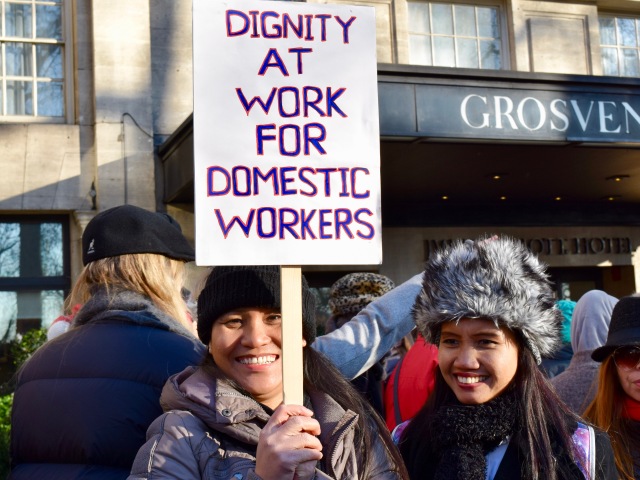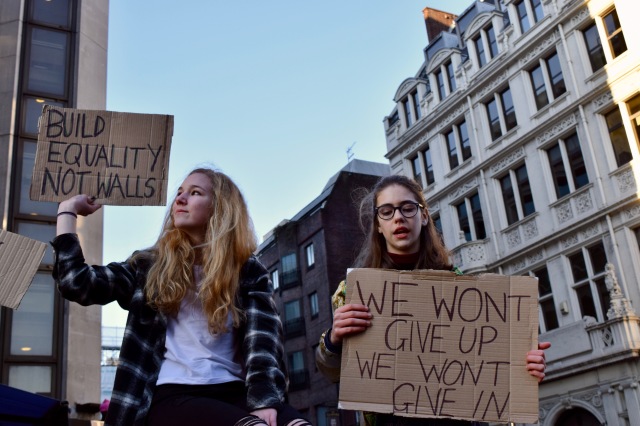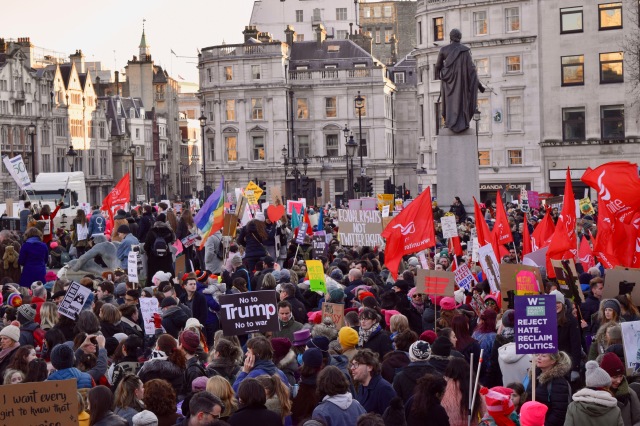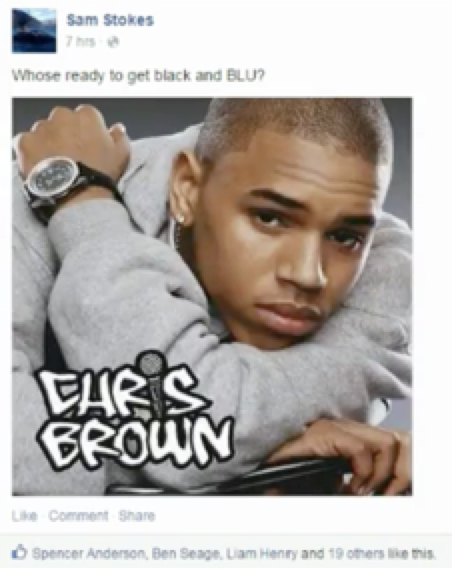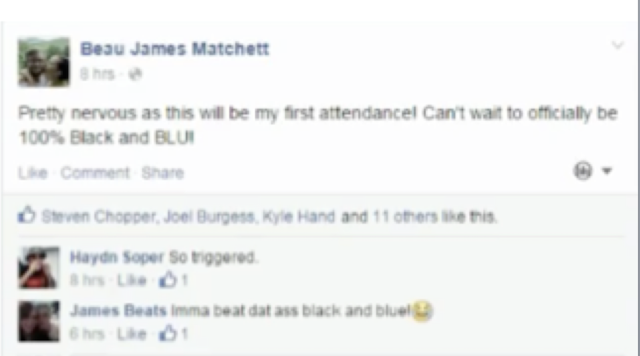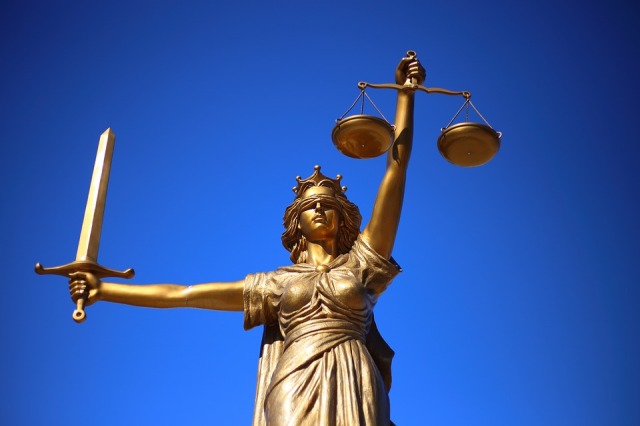
Amy Hills-Fletcher
The announcement that serial convicted sex offender, John Worboys, is to be released from prison after serving just ten years behind bars has provoked outrage. Police say that they fear he could have raped and assaulted as many as 100 women, but he only ended up in prison after being convicted of one count of rape; five sexual assaults; one attempted assault, and twelve charges of drugging. The sentence he was given is known as an imprisonment for public protection (IPP), which is a sentence designed to imprison serious offenders perceived as a risk to the public, for those who could not be given a life sentence.
Given the nature of his sentence, the Parole Board (an independent body) was able to assess whether he continued to pose a risk to the public, based on reports from those who work closely with Worboys e.g. guards, psychiatrists etc. Offenders attend hearings roughly once a year with the Parole Board: in November, a Parole Board panel directed Worboys’ release. These hearings are totally private and the reason for release is not made public, which begs the questions – how did Worboys and those who have been monitoring him in prison convince the Parole Board that he is ‘rehabilitated’ and no longer poses a great risk to the public?
With at least 85 separate complaints from other women made about Worboys after his initial conviction, over which the CPS (Crown Prosecution Service) did not bring further criminal proceedings, forgive me for not popping open a bottle of champagne to celebrate the efficacy of our criminal justice system.
In light of all of this, I have been considering: in what situation could we confidently assert that John Worboys, and other offenders like him, have been rehabilitated and no longer pose a threat to women?
If sex offenders admitted responsibility for their crimes
Having pleaded ‘not guilty’ in the trial where he was then convicted of 7 sexual crimes and 12 drugging charges, it seems odd that he is able to walk out of prison having maintained this facade of innocence. As recently as 2015, he was formally protesting his innocence and applied to have his convictions reviewed in 2013. Admitting guilt and accepting responsibility has got to be the first basic step towards rehabilitation and proper justice for survivors.
If criminal charges were consistently brought against accused sex offenders
It should not be possible for any further complaint about a convicted sex offender to not be properly investigated by the police and, further to this, the CPS should have no option but to bring further criminal proceedings against an already convicted rapist. This is surely of the foremost importance when the number of women coming forward is as high as 85. Until these complaints have been investigated and taken to court, John Worboys’ level of rehabilitation and suitability for release from prison should not be considered.
What’s more, in a society where women are consistently disbelieved or not taken seriously by the police when they report sexual crimes, Worboys is just one example of the serial sex offenders who are either left to attack women having not been tried in court at all, or released early from prison to continue to do so. It is depressing to have to argue for anyone to be put in prison, but what other choice do we have when women are being attacked and put at risk?
If the prison system were not such a disaster that perpetuated structural inequality and discrimination
Our prison system is a bleak, failing mess.
93.2% of the prison population is male and 10% are black (only 2.8% of the population is black). It is estimated that around 30% of prisoners have learning difficulties or disabilities, 10% of male prisoners have had previous psychiatric admission and 16% say they have had treatment for mental health issues. 62% of male prisoners have a personality disorder and almost a quarter were assessed as suffering from anxiety and depression. Consistently, it is poor, vulnerable adults who end up behind bars and thanks to austerity, it is even harder to believe that inmates are getting the support they desperately need.
How is throwing John Worboys, a dangerous sex offender, into one of these institutions being construed as a version of rehabilitation? There should be absolutely no situation in which a sex offender like Worboys is being dumped into our stinking prison system; the notion being that “punishment” is somehow the same thing as rehabilitation and that justice is served the minute a rapist has spent any length of time in prison.
If the tiny percentage of convicted rapists that end up in prison were actually offered an effective sex offender treatment programme
Recently it emerged that taking part in a six month prison psychological group therapy course for sex offenders led to an increase in reoffending. The core programme has now been cut by the Ministry of Justice, but why was such an ineffective programme ever able to exist?
I have found it difficult to find out any information about whether Worboys attended a treatment programme in prison, but I sincerely hope that he did, given he has been granted release by the Parole Board. This is not say that completing the programme would be enough, but it makes my blood run cold to think that the Parole Board could have granted his release without having proven in some capacity that he has changed.
If, however, offenders like Worboys cannot even accept responsibility for the crimes they have committed against women, sex offender treatment programmes are failing at the first hurdle. Rapists and sex offenders must have to examine, in depth, the structural issues that create a society where (mostly) men rape and sexually assault (mostly) women.
Given that the overall proven reoffending rate fluctuates at around 29-32%, I am not filled with great confidence that Worboys will be released from prison a man that is no longer a dangerous, predatory misogynist.
If we were not living in a violently sexist world
The sexist world in which Worboys committed his previous sexual offences is the sexist world into which he is now being released. The path which many men go down that leads to violence against women is still one that is regularly trodden, and the reality of sex offenders committing crimes with impunity is all too real.
Until real revolutionary change is brought about, I will continue to scoff at the idea that rapists and sex offenders who serve time in our utterly morally repugnant and ineffective prison system are released as changed human beings, particularly when they are released into the same society that moulded them into the person who committed those offences in the first place.
There are reports that Worboys’ other victims are ready to bring fresh prosecutions against him. If this does happen, we will see the true nature of Worboys’ ‘rehabilitation’ – by pleading not guilty previously, he forced women survivors to endure the torment of a criminal trial.
In the current state of affairs, it seems likely that, if the CPS do bring further criminal proceedings, Worboys will maintain his innocence and the vicious cycle of bringing rapists to ineffective justice, if at all, will continue.





